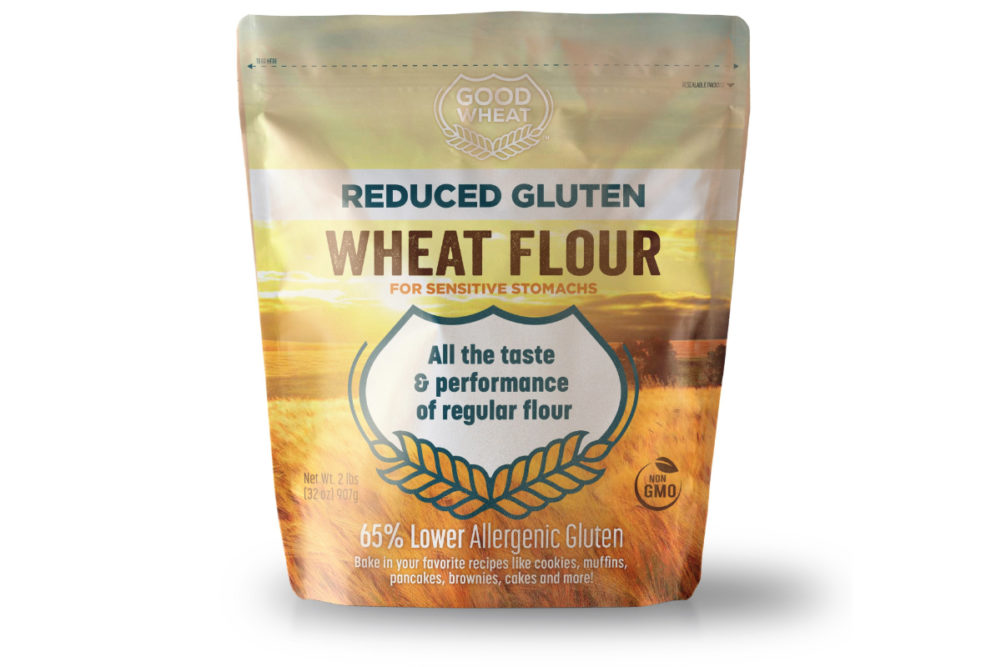DAVIS, CALIF. — The GoodWheat technologies created by Arcadia Biosciences, Inc. continue to extend their reach globally. Bioceres Crop Solutions Corp. has acquired the licensing rights to the technologies, which are designed to improve wheat traits, in Central America and South America, the two companies said Nov. 12.
“Between Argentina and Brazil alone, there are about 22 million acres of wheat grown annually or approximately 33 million tonnes of grain produced,” said Matthew T. Plavan, president and chief executive officer of Arcadia, in a Nov. 12 earnings call to discuss third-quarter results. “We expect our GoodWheat products will sell at a premium to conventional wheat. If we were to try and size the market opportunity today, we think that a 15% premium over conventional wheat prices is very reasonable, which equates to (a premium of) approximately $27 per ton as conventional wheat today sells at about $180 per ton.”
The GoodWheat portfolio includes wheat varieties with attributes such as higher fiber, fewer calories, reduced allergenicity and extended shelf life.
In August, Arcadia entered a collaboration with GoodMills Innovation, an affiliate of European milling company Good Mills Group, for the commercialization of wheat with improved nutritional value across Europe. Bay State Milling Co., Quincy, Mass., is the exclusive commercial partner for Arcadia’s high-fiber wheat in North America under Bay State Milling’s HealthSense brand.
The transaction with Biocera, Rosario, Argentina, includes Arcadia Biosciences selling its membership interest in Verdeca, a soybean joint venture formed in 2012 by Arcadia and Bioceres. Arcadia will receive $6 million in cash and an additional $2 million in cash to be paid when Verdeca achieves specific regulatory and commercial milestones. Arcadia also will receive 1.876 million unregistered shares of Bioceres common stock and a royalty stream up to $10 million on sales of HB4 soybeans.
“We are proud of this joint development success and consider Bioceres not only a trusted development partner but a very capable commercial company for execution,” Mr. Plavan said. “Therefore, now that the development phase is complete and we are squarely in the commercialization phase, the management committee of Verdeca assembled to determine the optimal forward path for the HB4 soy commercialization as well as other opportunities for commercial collaboration between our two companies.”
Arcadia in the third quarter ended Sept. 30 sustained a loss of $6.39 million, which compared with a loss of $14.19 million in the previous year’s third quarter. Total revenues of $314,000 were down 20% from $392,000 in the previous year’s third quarter. A decrease in contract research and government grants revenue drove the decline.
Over the nine months ended Sept. 30, Arcadia sustained a loss of $13.55 million, which compared with a loss of $22.56 million in the same time of the previous year. Nine-month revenues jumped 20% to $904 million from $753 million.






